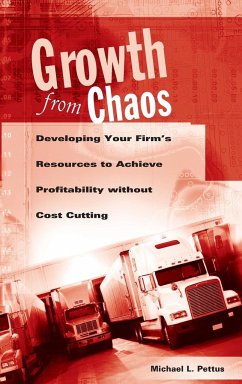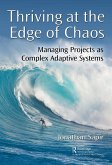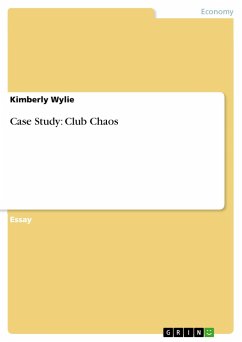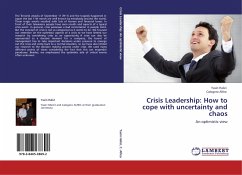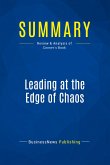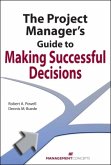We live in a chaotic world. Some of the chaos results from poor decision-making (e.g., Enron, Arthur Andersen, WorldCom). Yet other aspects of chaos (war, terrorist attacks, etc.) are beyond a firm's control. This book demonstrates that firm growth is more dependent on how a firm develops its resource base over time. Examining actual firm growth in several industries, with a focus on trucking, the airline industry, and the North American railroad industry, Pettus shows that a specific resource sequencing leads to higher firm growth than other sequencing patterns. This sequencing pattern is similar across transportation industries, and the pattern may be applicable to other industries. Decisions that firms make with respect to how resources are developed must balance the need for growth in the current time period with the need for growth over the long term. Firms can build sustainable growth by developing resources in a specific sequence; in essence, firms have control over their growth, even when confronted with ever-changing environmental conditions.
Hinweis: Dieser Artikel kann nur an eine deutsche Lieferadresse ausgeliefert werden.
Hinweis: Dieser Artikel kann nur an eine deutsche Lieferadresse ausgeliefert werden.

